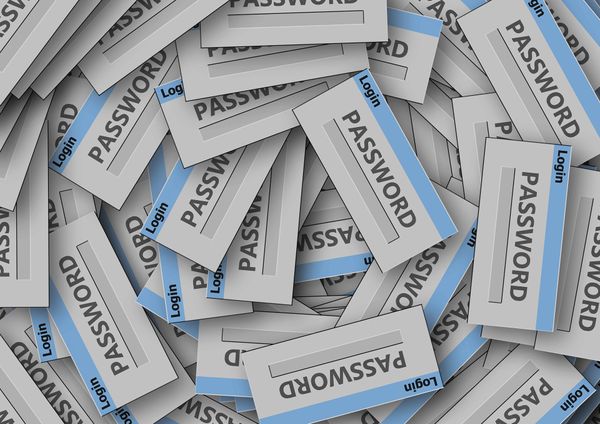Dutch Police arrest suspect responsible for DDos attacks on government websites

On April 10, Dutch police announced that they arrested a 19-year old suspect responsible for shutting down MijnOverheid.nl and Overheid.nl through planned DDos attacks on March 19.
A frequently visited government information hub, Overheid.nl, offered Covid-19 emergency regulations and other vital safety information to citizens struggling through the pandemic. The second website, MijnOverheid.nl, offered citizens important government documents for tax returns and child benefits, and the portal is used to register with local municipalities.
The two websites were offline for several hours following the attack, and visitors could no longer receive vital government information.
A distributed denial-of-service, or DDoS, takes place when massive amounts of fake traffic overload a server or a network resource, compromising the system and making it unavailable to legitimate users. Since DDos attacks are a criminal offense, and we have become more dependent on digital communication, the recent attack is not to be taken lightly.
“We take this very seriously, especially now that the corona crisis is causing additional uncertainty and a great need for information for many people,” said Jeroen Niessen of Central Netherlands police.
Reports show that most DDos attacks are actually carried out by young adults that buy DDoS botnets from so-called service providers. Anyone can rent a botnet for as little as $9.99 per month, even without access the dark web – a simple Google search will suffice.
With the help of international police and web hosting companies, the cyber-crime team of the Central Netherlands Police was also able to track down 15 DDoS-for-hire service providers or booters.
“With preventive actions, we want to protect people as much as possible against DDoS attacks. By taking booters and their domain names offline, we make it difficult for cyber criminals…If they pop up elsewhere, we will immediately work on it again. Our goal is to seize more and more booters,”Niessen added.
tags
Author
Alina is a history buff passionate about cybersecurity and anything sci-fi, advocating Bitdefender technologies and solutions. She spends most of her time between her two feline friends and traveling.
View all postsRight now Top posts
Start Cyber Resilience and Don’t Be an April Fool This Spring and Beyond
April 01, 2024
Spam trends of the week: Cybercrooks phish for QuickBooks, American Express and banking accounts
November 28, 2023
3 in 5 travel-themed spam emails are scams, Bitdefender Antispam Lab warns
August 10, 2023
FOLLOW US ON SOCIAL MEDIA
You might also like
Bookmarks







